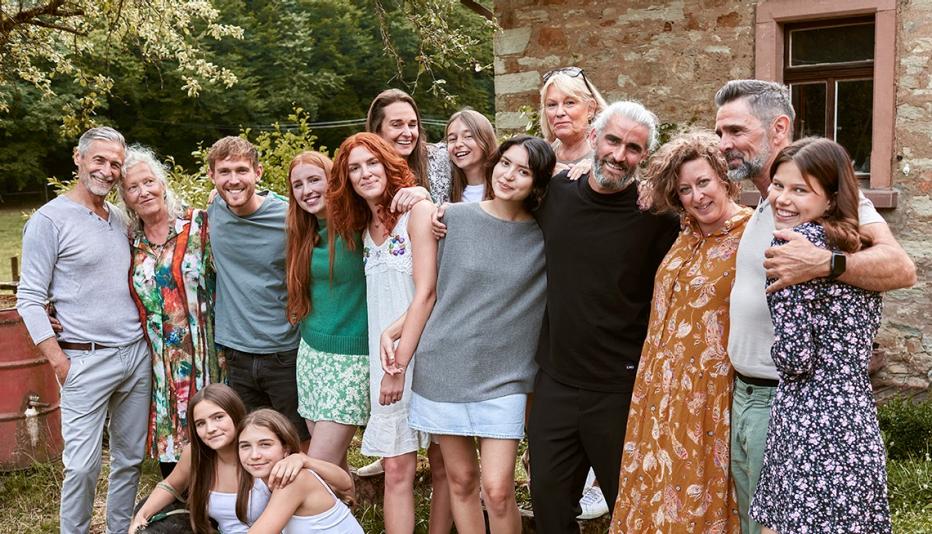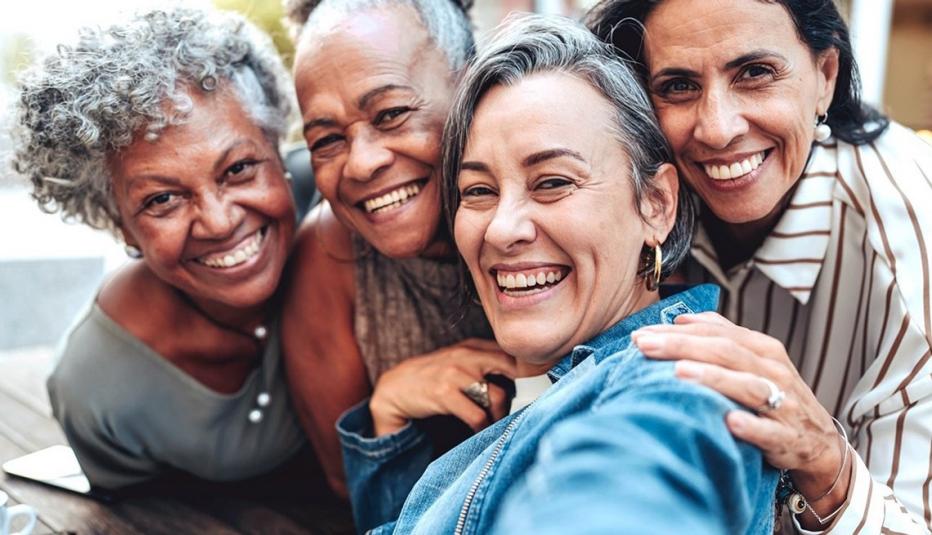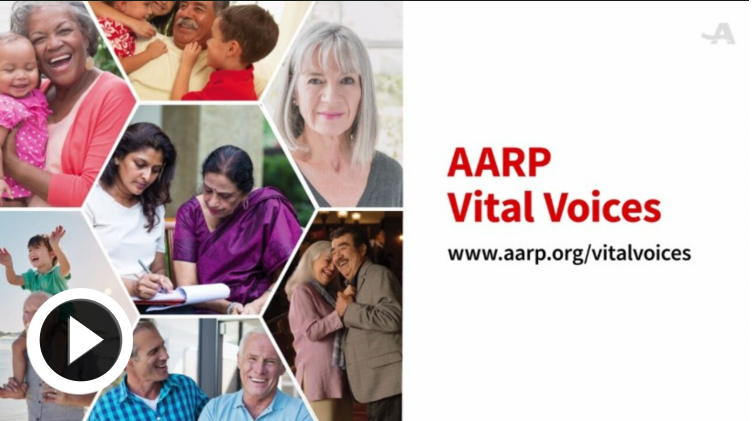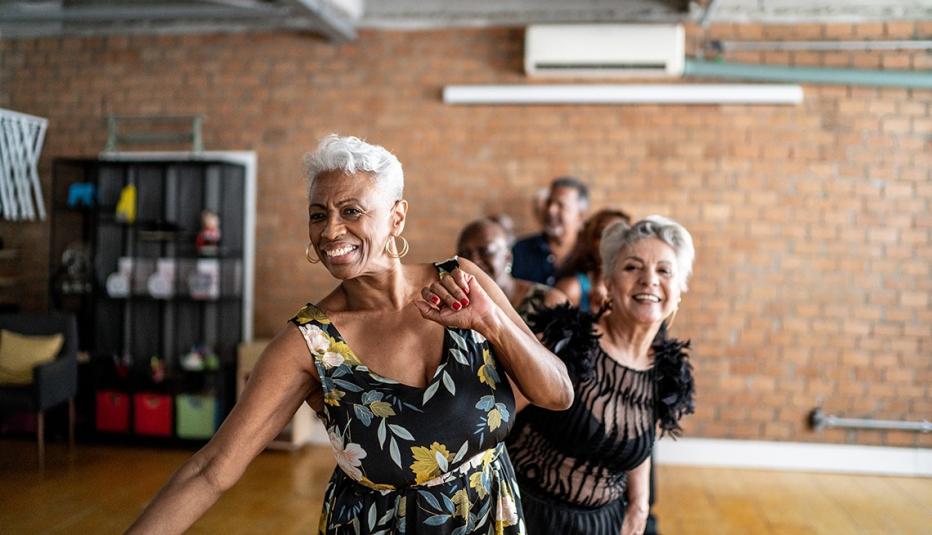AARP Hearing Center
Ease. Control. Happiness. Contentment. Fulfillment.
These are qualities most Americans would like to have in their lives. In new research from AARP, solo agers, or people 50 and older who live alone, report significant satisfaction with their lives. They cite these uplifting feelings as part of their everyday mindset.

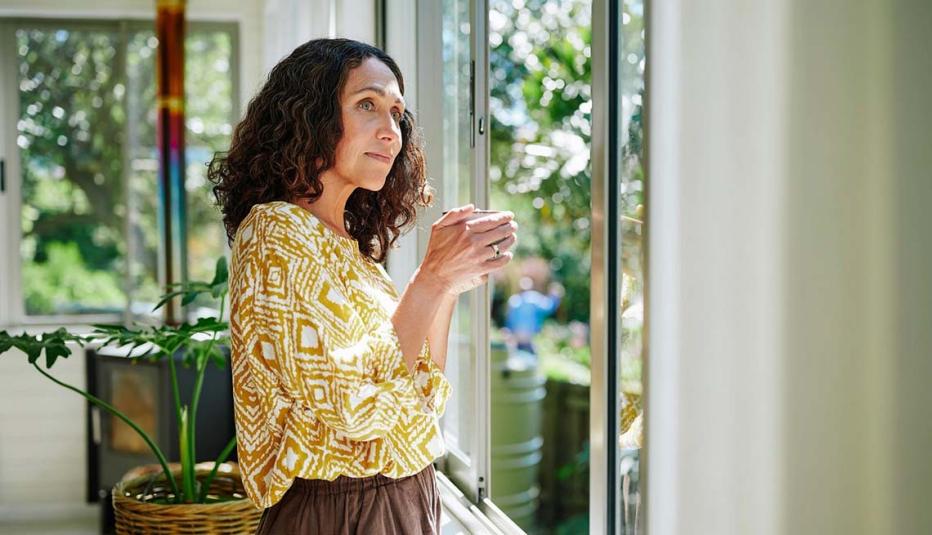
Census data suggests that more than 24 million adults age 50-plus live alone in the United States. Solo aging is enjoyable for many, with about 3 in 5 saying they feel at ease (59%) and in control (56%). More than a third (35%) say that freedom and autonomy are the best things about living alone.
Living alone offers joy and connection
Two in five (40%) solo agers have been living alone for more than 20 years. The study showed that living alone can be a meaningful lifestyle, filled with many sources of joy and connection. Chief among these are engaging with friends (63%), pursuing hobbies and interests (59%), family time (57%) and physical activity (55%). Overall, about half of respondents (51%) rate their social life as excellent or good.
They also assign high ratings to their health, with 64% saying their physical health is excellent or good, while 81% rate their mental health just as highly.
Freedom is great, but concerns still linger
If there is a downside to solo aging, it is loneliness, reported by 22% of respondents; 40% said that isolation and the resulting loneliness are the worst things about living alone. Regarding living alone, very small numbers feel anxious (9%), overwhelmed (8%) or sad (7%).
When solo agers do worry, it tends to be about losing their independence in the future. About 7 in 10 (68%) are concerned about becoming reliant on others, and more than 3 in 5 worry about a decline in their physical health (62%). Half are concerned about cognitive decline (50%).
Future financial well-being is also on solo agers’ minds, with 41% saying they worry about not having enough money for retirement. Nearly 2 in 5 (39%) are concerned about affording paid care or help they might need.
As solo agers look ahead, their desire for independence remains strong — but so does their awareness of the emotional, financial and physical challenges that may arise. Staying socially engaged through hobbies, volunteering or community programs can foster connection and enhance well-being. And, by embracing financial planning early and nurturing physical and cognitive health, solo agers can face future care needs with confidence and continue living fully and independently.
Methodology
Interviews were conducted February 13–17 and March 13–17, 2025 among a total of 876 U.S. adults age 50-plus in the Foresight 50+ Omnibus, including 503 adults who were solo agers (those living alone in their own household and not married or living with a partner). Funded and operated by NORC at the University of Chicago, Foresight 50+ by AARP and NORC is a probability-based panel designed to be representative of the U.S. household population 50 or older. Interviews were conducted online and via phone. All data are weighted by age, sex, education, race/ethnicity, region, and AARP membership, to be nationally representative of adults age 50 and older in the U.S.
For more information about this survey, contact Lona Choi-Allum at lallum@aarp.org. For media inquiries, contact External Relations at media@aarp.org.

































































